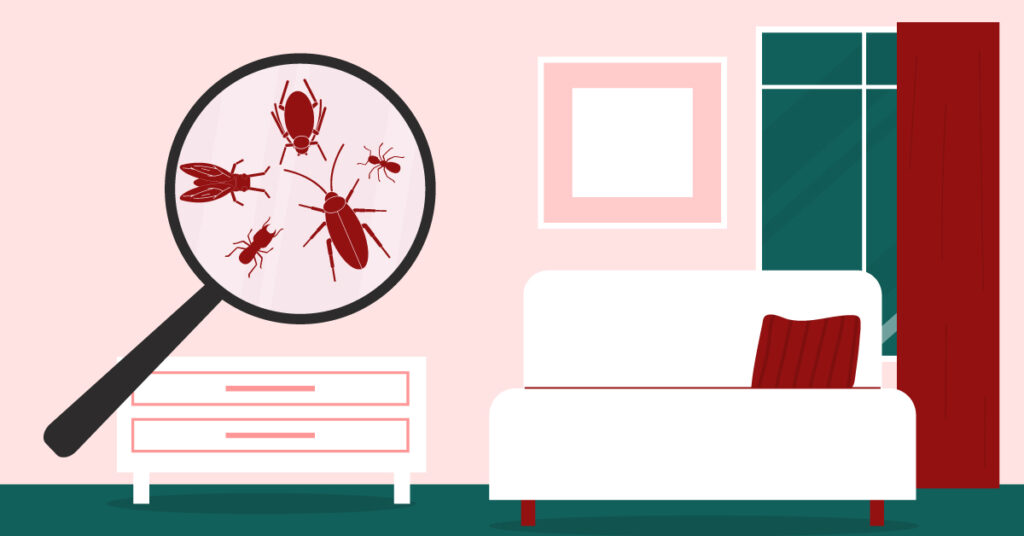A heating, ventilation, and cooling (HVAC) system is a vital investment for any home. It helps keep your home warm during winters and cold in hot summers while enhancing air quality. Since most HVAC systems are expensive investments, you want to get the most out of the unit for a long time. But just how long do HVAC systems last? Keep reading to find out more.
How Long Do HVAC Systems Last?
The typical lifespan of an HVAC system ranges between 15 and 25 years, but this varies depending on:
Usage (Heating and Cooling Habits)
How often do you operate your HVAC system? Do you keep it running 24 hours a day during summer or use it to cool off at the hottest time of the day? Usage frequency affects your HVAC system’s longevity. The more you use your system, the faster it wears out.
Climate Conditions
If you live in an extreme climate, you will likely run your HVAC for almost the whole year. Your HVAC system will degrade faster, possibly reducing its lifespan to below 15 years. Temperate climate dwellers will only use their HVAC systems a few times yearly. These climates will cause minor wear and tear on HVAC systems, meaning they’ll last longer. Conditions such as coastal storms and salty environments also reduce HVAC lifespan. These conditions erode the core parts of your HVAC system, leading to regular repairs or replacements.
HVAC Components

HVAC systems have many components that work in unison for better home function. These components include furnaces, boilers, heat pumps, water heaters, thermostats, and air conditioners. Each part has a different lifespan, contributing to an HVAC system’s life. Bigger HVAC components usually last longer as they can withstand extreme usage. In contrast, smaller parts are prone to damage and need regular repair. Below are the life expectancies of some common elements in an HVAC system:
- Window unit Air conditioner: 12 to 17 years
- Heat pumps: 16 years
- Furnace: 15 to 20 years
- Steam boilers: 15 to 35 years
- Thermostats: 10 years
- Radiant heaters: 15 to 20 years
Central air conditioning systems tend to stop working sooner than heating components. Why? The moisture the system draws and exhausts corrodes the AC unit. Air conditioning systems need lubrication to cool and dehumidify the air flowing in. The system also draws in chemicals from smoke and other air pollutants, which may be corrosive, eroding the condenser’s copper elements and causing them to break down.
HVAC Size
The HVAC system you choose should fit your home space needs. For example, running a small 1.5-ton AC unit in a house that requires a large 5-ton unit is not a good idea. The system will wear out much faster due to overuse than a well-sized but expensive unit. Using larger HVAC systems in small homes results in operation cycling. In short, the HVAC system will experience low loading and hot starts upon ignition.
Each of the above scenarios negatively affects your HVAC’s efficiency and longevity, so consult an HVAC professional to determine the best size system for your home.
Indoor Air Quality
Dust, dirt, and air particulates can reduce your HVAC’s lifespan, causing it to malfunction or slow down. At worst, it may even stop working, shortening your unit’s lifespan. However, regular home cleaning can offset this and help boost your unit’s lifespan.
Maintenance
Regular maintenance improves your system’s lifespan, allowing you to get the most out of it. Annual tune-ups and cleanings by professional technicians keep your system running well. Servicing your air conditioner at the start of spring guarantees excellent performance, while early fall before the cold weather kicks in is the best time to service your HVAC furnaces. Doing so ensures your HVAC system runs without any issues. The system can also endure extreme winter conditions for a more prolonged operation.
A technician will clean the coils to remove dirt or debris to enhance HVAC performance. These professionals will tighten loose connections. They will inspect the overflow valves in your HVAC to ensure they work as required. These tasks will help enhance your system’s lifespan. An HVAC technician will help check for any problems you didn’t know existed. You will fix the issues before they cause more damage to your unit and compromise its lifespan.
Some HVAC servicing maintenance tasks seem easy and tempting to handle yourself. Yet, it’s advisable to hire qualified technicians for efficiency. Experienced technicians will handle basic and complex HVAC maintenance tasks such as:
- Repairing the AC. Technicians will check for damaged AC parts and replace or repair them in time. They will help avert future problems that further shorten the unit’s lifespan.
- Servicing the furnace system. A technician ensures the furnace system operates well to supply ample heat. The heat restricts snow or ice from building up in your HVAC for better operation and longevity.
- Changing the air filters regularly. This is especially important if you live in a dry, dusty environment or have pets. Doing so prevents air pollutants from blocking your AC unit, improving its lifespan.
- Keeping thermostats dust-free and clean. Dust, grime, or dirt buildup after several years of use affects your unit’s lifespan. These elements block air flow and hinder temperature detection, damaging your thermostats.
These tasks help keep the system running smoothly, allowing the HVAC systems to last for 15 to 25 years. However, it’s best to seek professional help to avoid causing issues that can reduce your unit’s lifespan.
Installation
The way you install your HVAC system affects your unit’s lifespan. Hiring a qualified HVAC technician is advisable to help install your unit correctly. These professionals are usually experts who are knowledgeable about the task at hand. They will understand and follow the manufacturer’s instructions for better HVAC installation results helping to prevent possible breakdowns which may compromise the unit’s longevity.
Get the Best Professional Services for Long Lasting HVAC Systems
Typical HVAC systems last between 15 and 25 years. However, it’s best to have the right HVAC size and type for your home to reach this threshold. Proper HVAC usage and regular maintenance are also vital to the system’s lifespan.
Hiring a professional technician is an excellent way to ensure you get the most out of your HVAC system. They have exceptional knowledge and expertise to help you find the best unit for your home. The technicians will also determine the best place to install your system and help with regular maintenance to ensure a prolonged lifespan for your unit.
Related: What Is An HVAC System? [ And 4 Signs You Might Need A New One]




